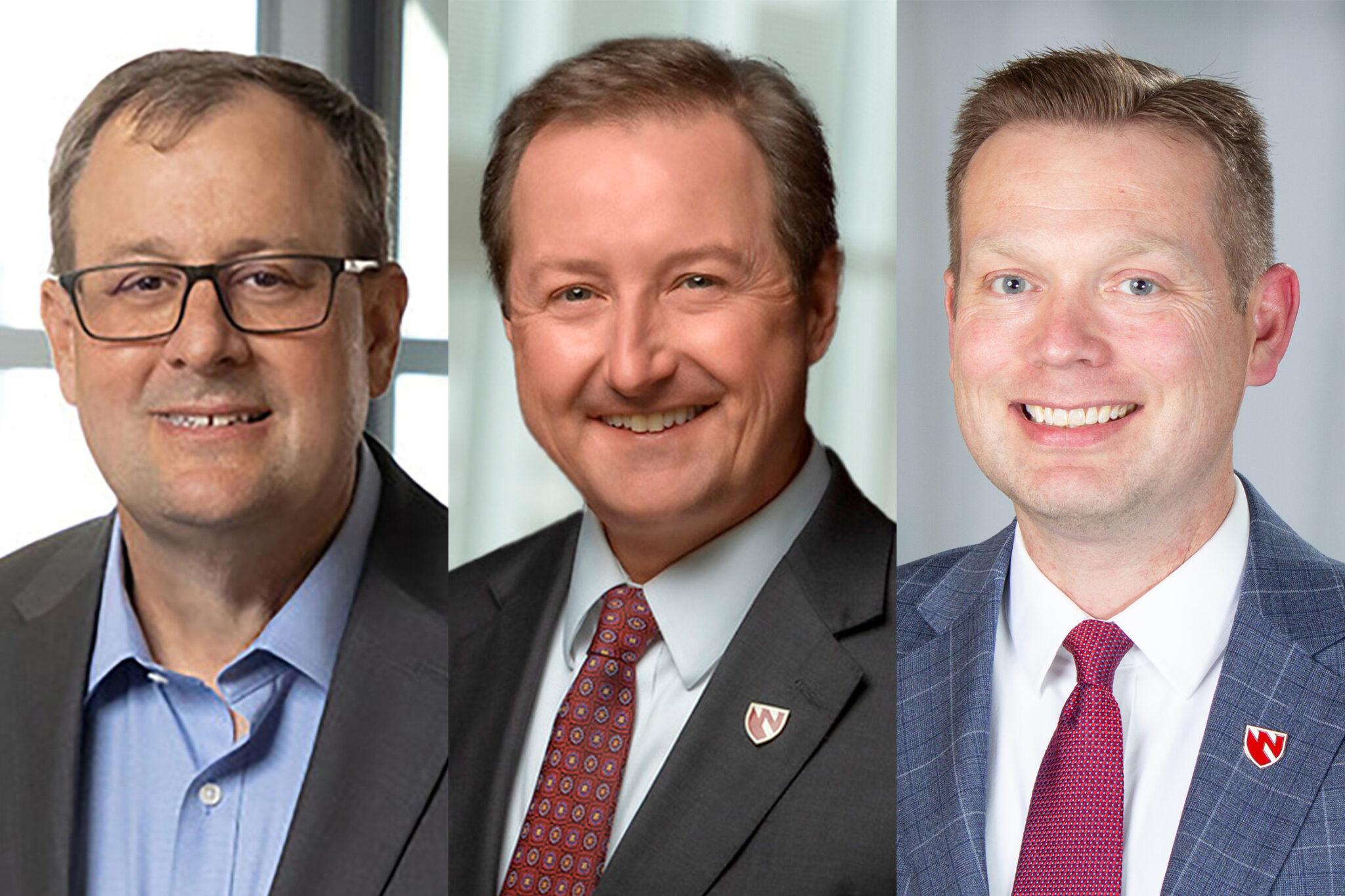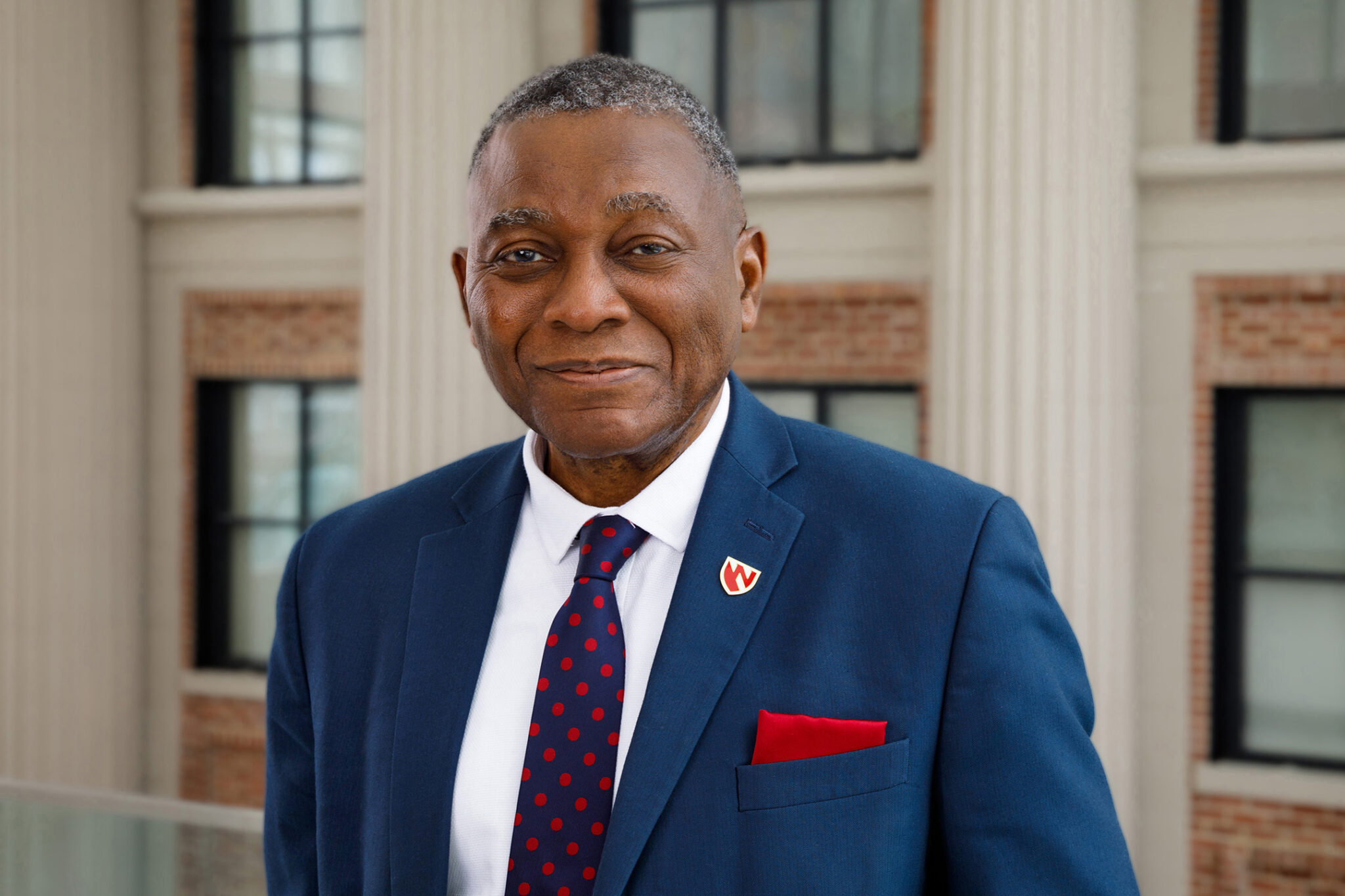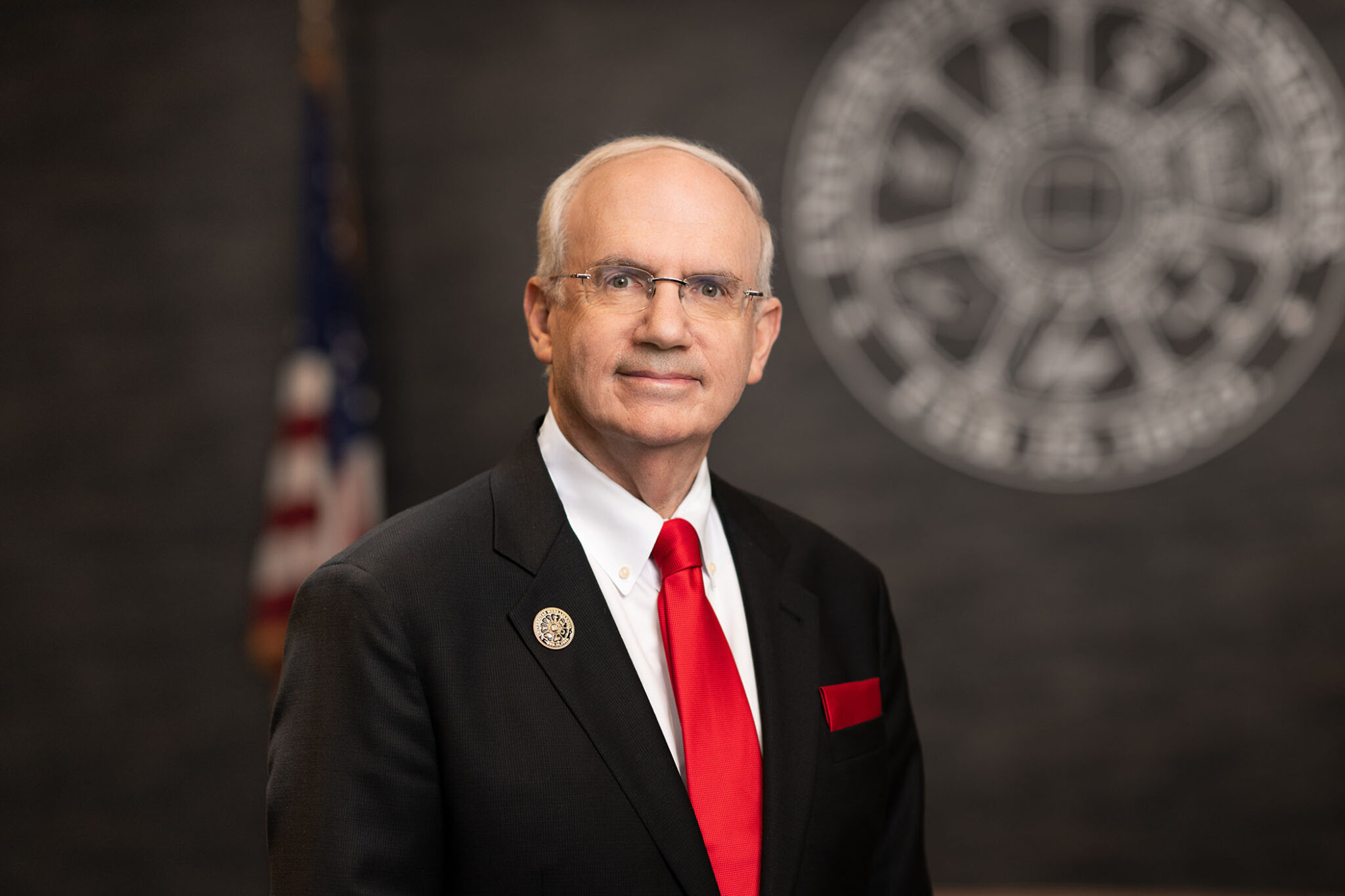2025 Federal Transition
Updates, Guidance and Resources
Since the transition to a new U.S. presidential administration on Jan. 20, 2025, several executive orders have been signed, signaling potential changes in federal priorities. These executive orders and other guidance, in some cases, have begun to affect areas of UNMC.
Please know, university leaders are carefully monitoring the situation to determine what specific programs and trainings may be impacted by executive orders. We are working closely with lawmakers at the local, state and federal levels to ensure they understand the significance of our work and the potential consequences changes may bring.
UNMC will use this page and other means to communicate timely updated guidance as it is confirmed with and verified by federal sources.
Submit your questions related to new executive orders and federal guidelines. Although we will not be able to reply to individual inquiries, we will regularly post information of broad interest on this webpage.
Get important research updates from the VCR
The Vice Chancellor for Research Office is monitoring executive orders and guidance in relation to research funding and other sponsored programs. Updates and information can be found at the research federal transition page.
Current Information Regarding Executive Orders
Most Recent Communications from Leadership

Officials offer primer on advocacy and engagement
Watch a forum covering advocacy and engagement 101 for individuals interested in getting involved.

Chancellor’s message on recent DOE guidance
Dr. Dele Davies explains next steps following Department of Education "Dear Colleague" letter.

A message from President Gold on OCR’s ‘Dear Colleague’ letter
Dr. Jeffrey P. Gold explains the University of Nebraska's response to recent federal DEI mandates.
FAQ
U.S. law requires anyone who is not a U.S. citizen to always carry evidence of status. In most cases, traveling around Omaha or Nebraska at large should only require that you carry either a state ID/driver’s license or your passport, though having digital copies available of other immigration documents, like I-94, I-20 or DS-2019, is recommended. If traveling outside of Nebraska, carrying hard copies of these documents to present just in case is also advisable.
It is also recommended that you have multiple copies of these documents and store them in separate places (e.g., not all on your person or on a single device you are carrying) to reduce the risk of losing all documentation at once.
Email the Office of Global Engagement or call 402-559-8449 if you have any questions.
Our Department of Public Safety works to provide a safe environment for those who work on, learn at and visit our campuses. The officers do not inquire about anyone's immigration status. UNMC Public Safety does collaborate with the city, county, state and federal authorities, when necessary.
UNMC is committed to complying with federal and state law, and you should not obstruct the actions of law enforcement. Follow these three steps if you are approached by ICE or other federal agents:
- Remain calm and professional to avoid escalating the situation.
- Ask for official documentation, including the agent's name, identification number, agency affiliation and warrant.
- Inform the officers that you are not obstructing their process but need to contact the NU Office of General Counsel and the UNMC Public Safety Department for guidance, as you want to make sure you remain compliant with FERPA and other applicable privacy laws. General Counsel can be reached at 402-472-1201 and Public Safety at 402-559-5555.
Refer to NU Executive Memorandum 43 for full details, and read NU guidance on warrants and subpoenas.
Federal orders have called for the elimination of federal diversity, equity, inclusion and accessibility programs and training. We are working to understand how this could affect UNMC, our people and the work we do. We know there are programs, research and offerings that rely on federal funding and/or are extensions of federal programs. UNMC will always comply with state and federal laws while also maintaining a commitment to being a place where every individual feels welcomed, heard and valued.
The impacts of the executive orders are still unfolding. Please continue with work on existing funded projects under the terms and conditions of that award. If there is a change to your award, SPA should receive an amendment from the funding agency notifying us of the change. Please visit the VCR's research federal transition page for updates and information.
The National Institutes of Health has announced a new policy capping Facilities & Administrative (F&A) cost reimbursements at 15% for all NIH grants, effective Feb. 10, 2025. This replaces the individually negotiated rates for universities, which at the University of Nebraska average 50%.
This is a direct $27 million annual funding loss for the University of Nebraska, which currently relies on NIH grants to cover a significant portion of research infrastructure costs. The state is now expected to absorb these costs or face reductions in research programs that drive medical breakthroughs, support rural healthcare, and fuel Nebraska's economy.
No. The F&A reimbursement does not represent "extra" or unnecessary spending—it covers the essential costs of running federally funded research programs, including:
- Maintaining research facilities and labs
- Utilities, security, and research compliance
- Administrative support for managing complex federal grants
This is not a cost savings; it is a cost shift — moving financial responsibility from the federal government to states, universities, and ultimately students.
View an infographic that explains F&A costs.
Have Additional Questions?
Submit your questions related to federal orders, memos and agency guidance. The form is anonymous. Although we will not be able to reply to individual inquiries, we will regularly post information of broad interest on this webpage.
Submit a Question
Navigating Uncertainty
Times of uncertainty can be difficult. If you feel that you need professional help, a good place to start is with your primary care provider, who can screen you for depression as well as common physical causes of low energy and low mood. Primary care providers also can prescribe medications to help depression, when it’s appropriate to do so, and can help you find a mental health provider when that’s necessary, as they work with these fellow professionals regularly.
Additionally, UNMC employees and their family members can take advantage of our Employee Assistance Program and are eligible for up to five no-cost counseling sessions per event. If you need something more, assistance program staff can help you find other providers who can help. Nebraska Medicine employees have their own Employee Assistance Program, called CuraLinc.
UNMC students can use Counseling and Psychological Services for no charge, and UNMC residents can email Susan Smith with the House Officer Assistance Program.
Find more UNMC wellness resources.
Your voice is one of our most powerful tools
The work you do at UNMC transforms lives — not just through groundbreaking research and education but with direct impact on communities across Nebraska. Your contributions matter. As private citizens, you have the right to share your stories — whether in your community, with neighbors or with elected officials — to highlight why supporting academic health sciences and research is essential.
UNMC is more than a university; it is an engine for economic development, health care innovation and a stronger Nebraska. Your voice can help ensure that policymakers understand the true value of our mission and the people behind it.
As Interim Chancellor Dr. Dele Davies said, "make your voice heard."